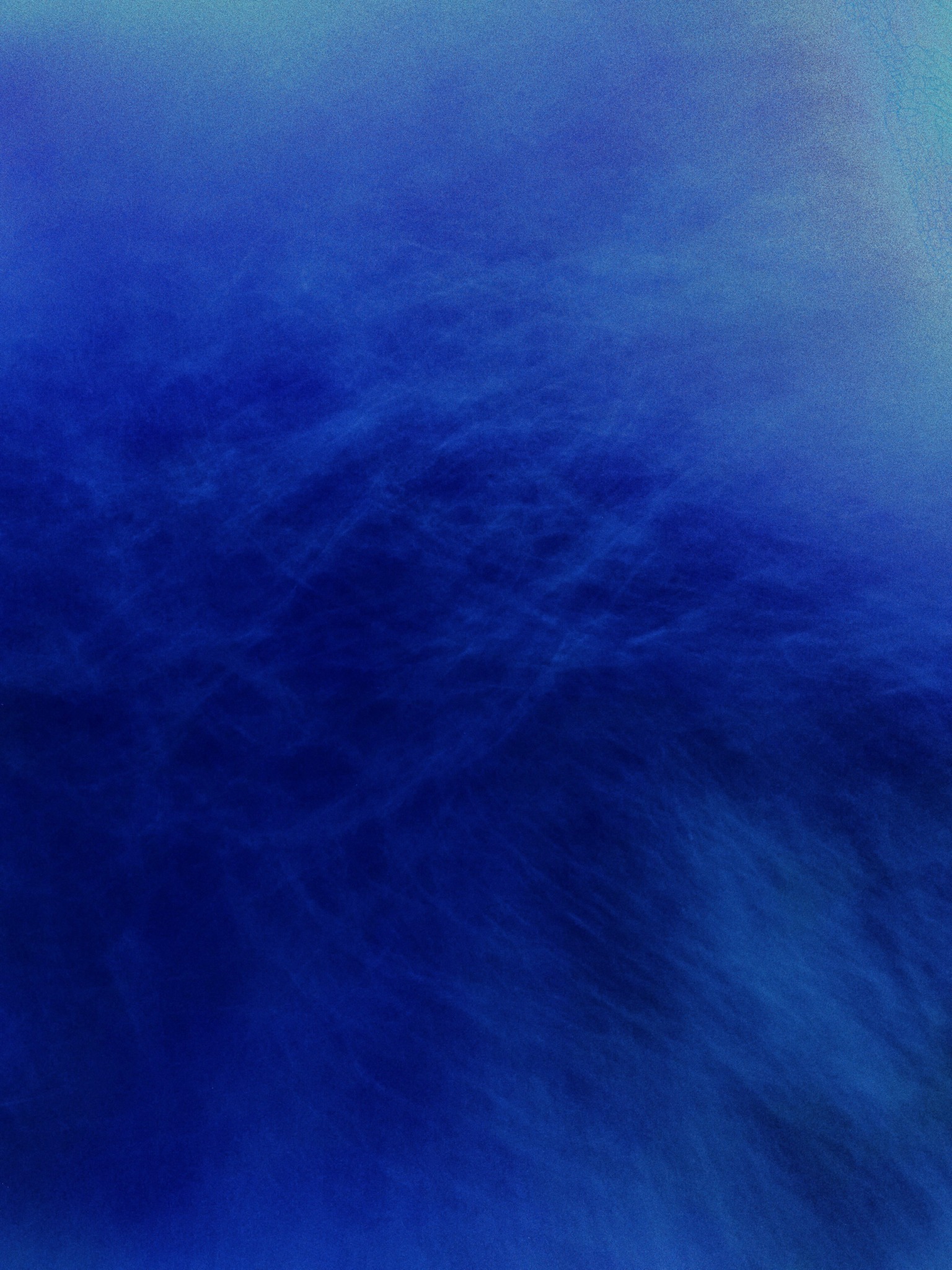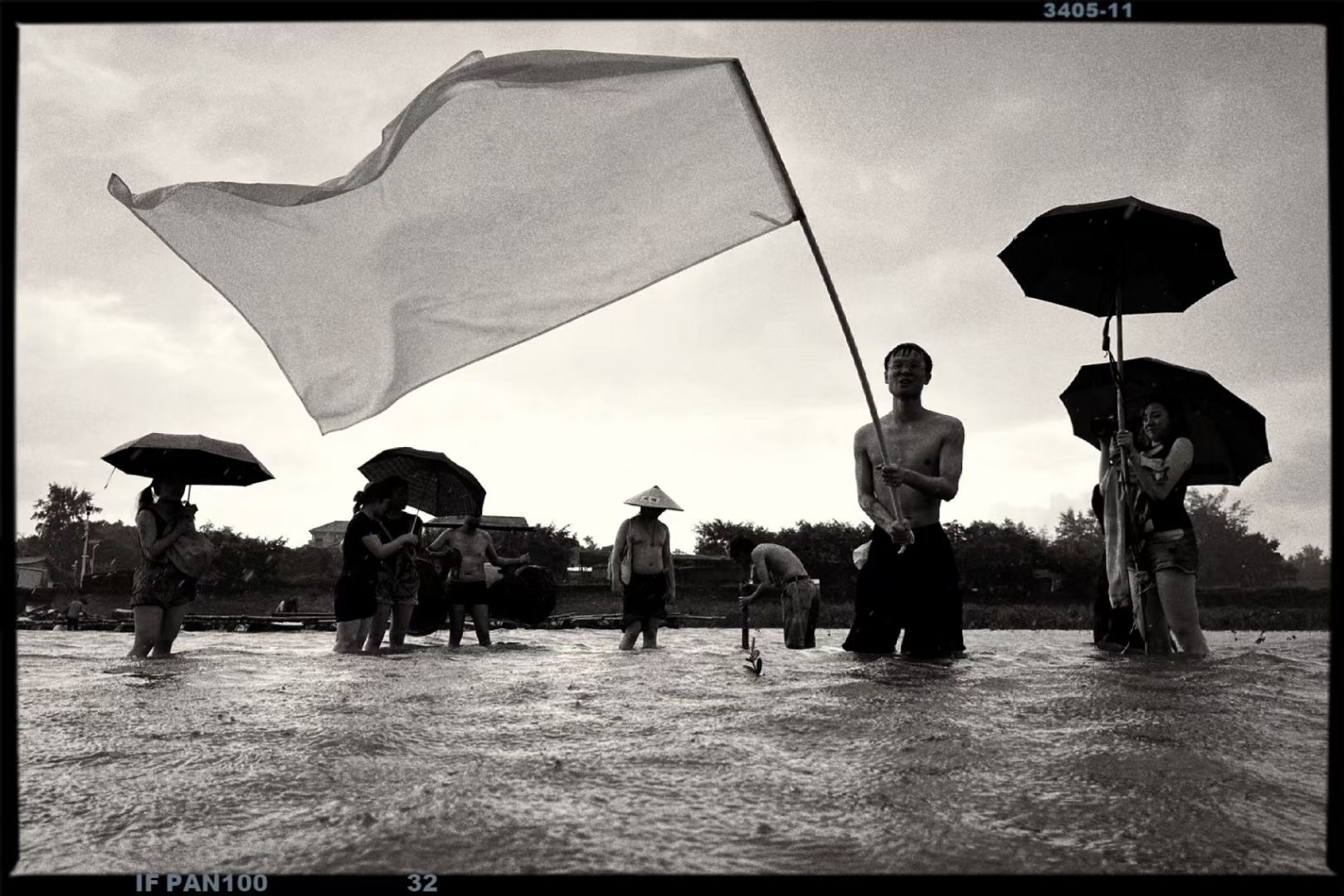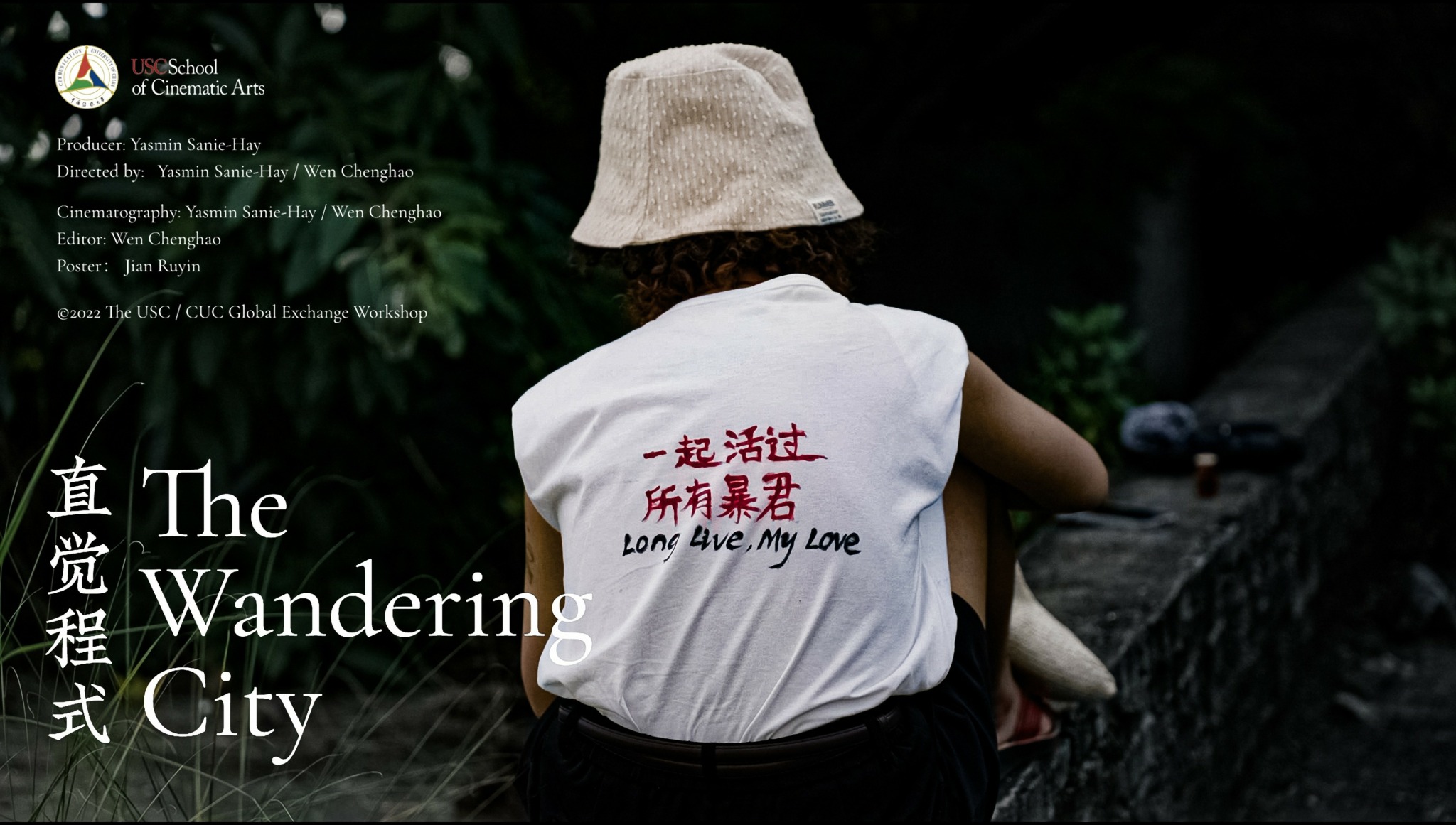We were lucky to catch up with Chenghao Wen recently and have shared our conversation below.
Alright, Chenghao thanks for taking the time to share your stories and insights with us today. So, let’s start with trends – what are some of the largest or more impactful trends you are seeing in the industry?
The film industry is shifting from a director-centered system of auteurism to a curator-centered framework. Film is increasingly becoming a community-driven collaboration rather than a director’s individual work. Over the past two years, I feel that I, too, have been transitioning from being a director to becoming a curator.
The core responsibility of filmmakers is no longer about creating, distributing, or circulating works within an increasingly diminishing industry but about ensuring that films are curated well to be truly “seen” and “shared.” This transformation also reflects the gradual disappearance of global “Auteurism.” Some argue that this change has been influenced by AI or the video game industry, but I resonate more with a comment made by one of my undergraduate professors regarding the decline of the television industry: the problem was not the medium itself but the lack of sufficiently engaging content. Technology, whether AI or streaming platforms, should not be used as an excuse to place blame.
Today, many filmmakers on set hold a markedly different attitude toward cinema compared to the celluloid era. I find that many friends on set lack reverence for film, preferring to consume video games and variety shows rather than the medium itself. This enthusiasm for multimedia and interactive media seems to suggest that their understanding of cinema as a dream, a belief, or even as “a revolution of everyday life” has long since faded.


Awesome – so before we get into the rest of our questions, can you briefly introduce yourself to our readers.
As a child growing up in a family with a background in journalism and newspaper industry, my father gave me a CCD camera for my 7th birthday. In 2006, at the dragon boat races in Aberdeen, Southern District, Hong Kong, I squeezed through the crowd to the front row and took a photo of a team resting on their boat during an intermission. The next day, that photograph of mine made it to the front page of China Daily Hong Kong edition. My father taught me the famous quote by Robert Capa, “If your pictures aren’t good enough, you’re not close enough,” which has profoundly shaped my belief in fieldwork and practice to this day.
If I count it this way, I already have 20 years of experience in photography and 15 years in documentary filmmaking. I’m currently working on my PhD applications, so I’m quite unsure about the direction of my personal future brand. What’s certain is that I’ll continue working in documentary and nonfictions.
My professor often says that even when I’m writing academic papers, I approach them like a poet writing poetry—but papers, she reminds me, shouldn’t read like poems. My producer has said something similar about my film editing, pointing out that filmmaking or storytelling needs to be grounded and shouldn’t feel like poetry.
But as someone born on the first day of Gemini, my thoughts leap around like a schizophrenic stream of consciousness. My emotions, too, rise and fall, ebbing and flowing like the sun and the moon. So I will go with the poetic flow of my life.


For you, what’s the most rewarding aspect of being a creative?
As an artist, I’ve come to realise that the most valuable thing I can do is to embrace the fact that I am not an artist. But everyone is an artist, and that’s a wonderful thing!
Firstly, an artist is not just one person, but a whole group of people working together to create something amazing! They use lots of different materials and multimedia practices to make their art. Secondly, art is a field that requires other skills to truly flourish. It depends on other areas of life to complement and complete it. This is why, during my time pursuing an MFA, I noticed that most of my classmates were in their thirties or forties, coming from a wide range of backgrounds and professions.
Artistry is something that everyone has inside them. It’s connected to our life experiences and personal histories. But in today’s world, people often don’t have a strong connection to their own lived experiences. This makes me feel fulfilled as an artist. I get to use my own memories and my own life to achieve artistic freedom.


Are there any books, videos, essays or other resources that have significantly impacted your management and entrepreneurial thinking and philosophy?
BoJack Horseman, an animated animal personification series of Hollywood, resonates deeply with me in ways that feel almost uncomfortably personal. Though my life isn’t set in Hollywood but in New York, I find that I’m not BoJack—I’m more like Diane or Todd. As a writer now I particularly connect with Diane: her struggles to survive in Hollywood, her emotional turbulence, her depression, and her attempts to fight it. Whenever my own depression resurfaces, I often find solace and reflection in her journey. What once seemed like absurd fictional gags have, over time, proven to be deeply rooted in real-world truths. From the Hollywood strikes to the rise and fall of awards like the Golden Globes, or even moments from my nearby friends lives, like AA meetings, drunk and drug problems, I’ve come to see how much of the show is grounded in reality.
As I grow older, I find myself increasingly understanding the themes of BoJack Horseman—the inertia of life, the slow decay of ambition, and the weight of existence. One evening in the fall of 2024, I was on a bus traveling from 42nd Street Port Authority Manhattan to New Jersey when we got stuck in traffic for half an hour in the middle of the Hudson River tunnel. To my surprise, the people sitting in front of me and behind me discovered they knew each other—they were theater and comedy actors from California. They quickly started chatting, catching up after two years without seeing each other. At one point, they mentioned a mutual friend, saying he was “living a BoJack kind of life.” I couldn’t help but wonder—what exactly does a “BoJack kind of life” mean? But at the same time, I felt a strange joy realizing that, even eight years after BoJack Horseman first aired, it remains such a resonant symbol that people can still find connection through it.
Contact Info:
- Website: https://clone7.wordpress.com/
- Instagram: https://www.instagram.com/clonedesign/
- Facebook: https://www.facebook.com/people/Clone-Wen/pfbid02M3a9PbknL16iRJaHNfs9BHrZXf6XDzUfb3r1RAP3ga7EshBo22Gm5N6yck8nARj1l/
- Youtube: https://www.youtube.com/@clonewen
- Other: https://www.imdb.com/name/nm13946538/


Image Credits
All my pictures.


